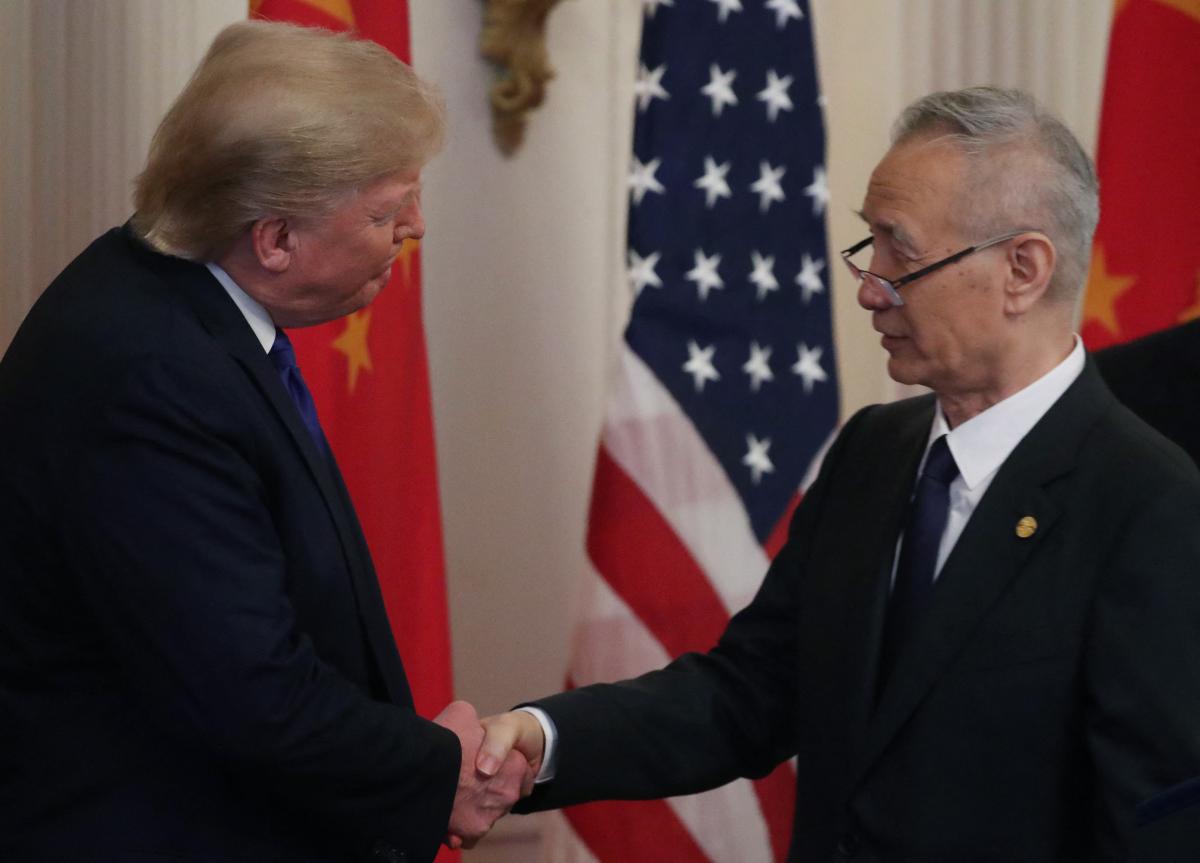Francis Perrin, one of France’s leading experts on energy issues and a research director at IRIS, analyzes for Al Safa News the impact of U.S. energy policy under Donald Trump.
 Francis Perrin
Francis Perrin
Will U.S. Tariffs Lead to Long-Term Oil Price Drops in 2025?
The increase in U.S. tariffs has caused a decline in oil prices. This trend, compounded by a larger-than-expected rise in U.S. crude reserves, raises the question: will it have a lasting impact in 2025?
Donald Trump’s tariff policies put downward pressure on oil prices, especially given the prospect of a trade war between the world’s two largest economies, the U.S. and China. Such a conflict would slow global economic growth, particularly for these two countries, the biggest oil consumers. Additionally, China is the world’s largest oil importer.
However, the long-term impact remains uncertain. If Washington and Beijing reach a deal, as seen with Canada and Mexico, tariffs might be lifted or suspended. Beyond trade, other aspects of Trump’s policies could influence oil prices. His tax cuts aim to stimulate the U.S. economy, potentially driving prices up. Meanwhile, his decision to tighten sanctions on Iran, aiming to cut its oil exports to zero, is another upward pressure on prices.
Can Oil Prices Help Curb U.S. Inflation?
Absolutely. Trump’s push to significantly increase U.S. oil production is a deflationary factor—if successful. His pressure on Saudi Arabia and OPEC to boost output and lower prices could also have a downward effect, provided the involved countries comply. A lasting de-escalation in the Middle East and an end to the war in Ukraine would further contribute to price declines.
Regardless, Trump’s influence on oil markets is undeniable. As the leader of the world’s largest economy and the country that is both the top producer and consumer of oil, his policies will shape global energy trends. However, predicting whether the "Trump effect" will ultimately drive prices up or down remains challenging, as both trends could unfold simultaneously. The situation remains as unpredictable as the former U.S. president himself.
Trump's Energy Push: Impact on Global Oil Markets
The U.S. currently produces 13.5 million barrels of crude oil per day, an all-time high for any country. Trump, however, wants even more. Treasury Secretary Scott Bessent has projected an increase of three million barrels per day in the coming years.
Yet, major U.S. oil companies like ExxonMobil and Chevron remain cautious. Their focus is not on maximizing production but on profitability, which doesn’t always align with ramping up output.
In the automotive sector, Trump’s administration opposes incentives for electric vehicles (EVs) and advocates for free consumer choice between internal combustion engines and EVs. While increasing U.S. oil production could push prices down, policy decisions affecting EV adoption could counteract this by sustaining oil demand.
Will U.S. Energy Costs Remain Competitive?
Thanks to its vast reserves of shale oil and gas, the U.S. has become the world’s largest producer of both and the fourth-largest coal producer. This energy dominance gives American industry a significant competitive advantage over European and Asian rivals.
Additionally, the Inflation Reduction Act (IRA), passed under Joe Biden in 2022, introduced substantial incentives for renewable energy and EVs. This law has attracted significant foreign investment, as companies must establish operations in the U.S. to benefit from its subsidies.
Trump vs. the IRA: A Policy Shift?
Trump is not a strong supporter of the IRA and has already taken steps to limit its financial incentives. However, even without this policy, the U.S. is expected to maintain its competitive energy advantage for years to come.
AI and Energy: The Next Big Demand Surge?
The U.S. recently announced a $500 billion investment in energy and infrastructure to support AI-driven data centers. France, led by Emmanuel Macron, has pledged over $100 billion for similar projects.
The rise of AI will undoubtedly increase global electricity demand. Recognizing this, Trump declared a national energy emergency on January 20, emphasizing the urgency of bolstering U.S. power grids. Given the geopolitical stakes of the AI race between the U.S. and China, Washington is determined to gain an edge, prompting massive infrastructure spending.
Will Copper Prices Soar Amid the Energy Transition?
The global energy transition will drive demand for key minerals and metals, including lithium, cobalt, rare earth elements, and copper. While copper supplies remain sufficient, rising consumption will increase tensions. Extracting, refining, and processing these resources requires substantial investments and time.
Additionally, China plays a dominant role in refining these critical materials, making geopolitics a key factor in future supply chains. To mitigate risks, industries must focus on increasing copper recycling and exploring alternative materials. Strategic planning is crucial to navigating the evolving landscape of global energy resources.
 French
French














